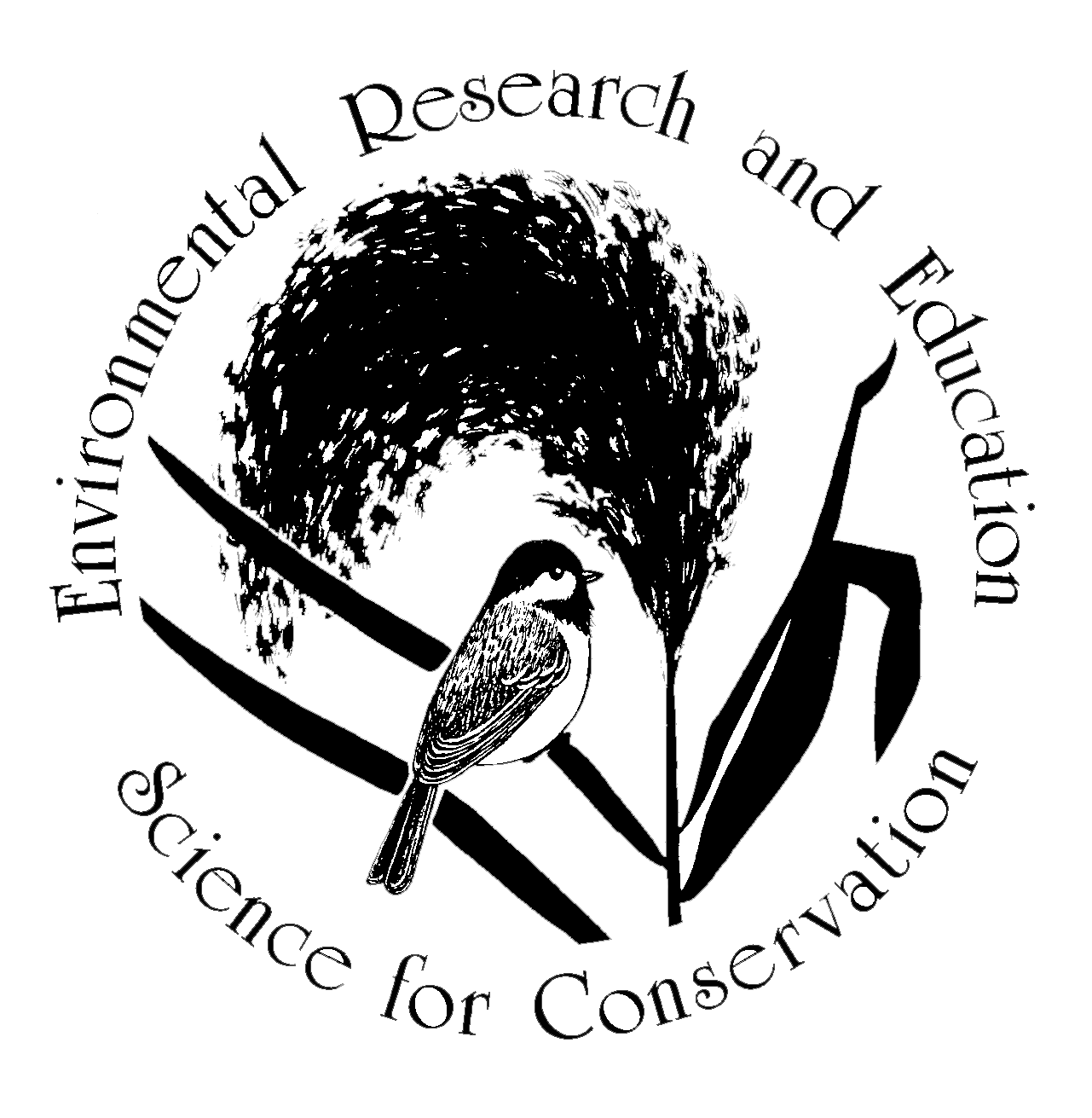Identification and Protection of Small Streams and Wetlands: A Field Workshop Spring & Fall 2024
May 30, 2024 and September 11, 2024 in Albany County
June 13, 2024 and October 7, 2024 in Orange County
Small streams and wetlands have a greater influence on aquatic and terrestrial ecosystems than their size would suggest. However, many do not appear on public maps. Although they are threatened by our land uses and by the changing climate, most are unprotected by federal and state laws. Some Hudson Valley communities protect these important resources through local policies.
This field workshop discussed:
the values of small wetlands and streams;
how to find and identify them, even in their dry condition;
threats to wetlands and streams; and
effective regulatory and non-regulatory protections.
This was an outdoor program held on 2 separate dates, especially designed for municipal officials, including elected officials, members of planning boards and conservation advisory councils, and for members of watershed groups, land trust staff, and others who are regularly engaged in municipal or other land use planning and policy-making, reviewing land development proposals, advising landowners, or making land management or regulatory decisions. Municipal training certificates for 2.5 hours of credit were made available.
Additional Resources
Wetland and stream protections and conservation, as well as a regulatory jurisdiction fact sheet:
Specific sections out of Hudsonia's Biodiversity Assessment Manual, that were referenced during the workshop include:
Additional topics of interest:
The benefits of woody material in streams: three-minute video from Vermont Fish and Wildlife about woody material in streams to improve habitat for fish, and other benefits.
Stream Processes: A Guide to Living in Harmony with Streams discusses stream management including topics of channel straightening, Stream Processes: A Guide to Living in Harmony with Streams.
You can view past webinars on similar topics here:
Headwater Streams: Identifying and Protecting an Essential Resource 3-Part Webinar Series
Wetlands 3-Part Webinar Series
You can also find other past webinars from the Hudson River Estuary Conservation and Land Use Team here and other municipal resources can be found on the Hudson River Estuary Biodiversity Program website.
Habitat profiles, indicator plant fact sheets, and other conservation planning materials can be found on our website.

